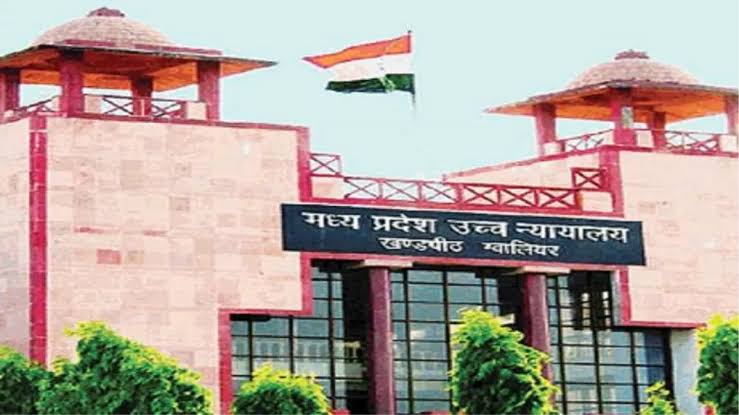
Madhya Pradesh High Court pushes for ‘Social Audit’ in Gwalior Swarn Rekha river revival PIL, seeks expert panel
GWALIOR/In a significant push to revive Gwalior’s historic Swaran Rekha river, the Madhya Pradesh High Court has emphasised the implementation of “Social Audit” and called for a panel of experts from diverse fields to oversee the river’s rejuvenation and associated urban development efforts.
A division bench of the MP High Court at Gwalior, comprising Justice Anand Pathak and Justice Hirdesh, while hearing a public interest litigation (PIL), filed by Advocate Vishwajeet Ratoniya in 2019, noted that despite earlier directives, substantial progress is still lacking. Citing Sections 5(54-a) and 130-B of the Madhya Pradesh Municipal Corporation Act, 1956, the court emphasised the need for civic engagement through the “Social Audit” model, allowing residents to assess urban development policies and their effectiveness.
The bench observed that the work remains to be done on removing encroachments and diverting sewer lines polluting the river.
The PIL challenges the concretisation of the Swaran Rekha river under a smart city beautification project modelled on the Thames.
“The river once flowed freely in its natural, unpaved form, allowing continuous water movement and playing a crucial role in recharging the city’s groundwater,” the petitioner, Ratoniya, told The Sun Today. “But ever since the riverbed was cemented, this natural recharge process has been disrupted. Rainwater now simply runs off without seeping into the ground, causing a gradual yet alarming drop in Gwalior’s water table,” he said.
The core demand in the petition is to restore the river to its original, unpaved (kachcha) state so that groundwater recharge may resume and the city’s water levels can stabilise again.
Highlighting a progressive provision in the MPMC Act, the court emphasised the role of city residents in scrutinising municipal policies, projects and development schemes through the social audit mechanism. It stated that “residents of the city are well-versed with its culture, ethos and urban challenges,” and should be allowed to contribute meaningfully.
The court proposed forming a panel of professionals — retired professors, engineers, administrators, judges, and doctors — to serve as independent ‘social auditors’. These individuals must be “men of integrity” and work without “fear or favour,” the court added, stressing their role as crucial in guiding urban policy.
Amicus Curiae K.N. Gupta and counsels representing the state and municipal bodies were asked to suggest names for the panel by next week. The court also encouraged media coverage of its order so that residents of Gwalior and other cities could provide input and embrace the model in their localities.
The matter has been listed for further hearing on May 7, 2025.
